Having settled on the Australian continent for over 40,000 years and protected by their geographical isolation, the Aborigines develop a social structure and religious system particularly rich and complex, compared to a “relatively simple” economy based on hunting and agriculture, also due to the environmental situation. Even today, ethnologists and mathematicians still wonder about the complexity of their world outlook and their organisation of society and kinship.
The settlement of a British penal colony in Port Jackson (the future city of Sydney) in 1788 marks the beginning of a long history of conflicts, aimed to dispossess the Aborigines of their lands and to annihilate a culture so symbiotically connected to the native land.
In 1992 the Aborigines were recognised the right to claim ownership of the land to which they were bound by an ancestral bond; such a right, though, is basically null, considering the requirement to document an uninterrupted relationship with the territories claimed. Forcibly moved away from the native land of their ancestors and prevented from returning there, today many Aboriginal groups cannot prove this relationship.
The exhibition area dedicated to Australian Aborigines, which is part of the permanent itinerary of the Museum of World Cultures, has been expanded thanks to the integration of video interviews and materials resulting from the collaboration with the Aboriginal Archives in Italy project. The Italian researcher in Sydney Monica Galassi has created a space for mutual collaboration through a digital participatory platform where Aboriginal communities, researchers and Italian and international institutions can consult a small sample of the archival material present in Italian institutions to reconnect this material to the communities of origin.
This project aims to create a space for shared research, but above all a space for dialogue and the development of long-term relationships. The collaboration with Marika Duczynski (Aboriginal cultural advisor of the Gamilaraay group) has highlighted how the documentation is precious because it is connected to living people and vibrant cultures. It allows to show these images to the public in a culturally respectful way, unlike what has always happened in the past.
The "land acknowledgment", which completes the installation of the area by stating that the rights of Aboriginal peoples over their lands were never ceded even after colonization throughout the violent process of invasion and dispossession, recognizes the profound link that the first inhabitants have with the territories they have been taking care of for millennia and it is an act of respect practiced in contemporary Australian society.
Wunda
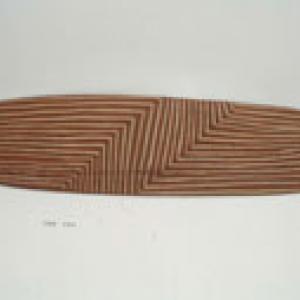
Wunda

Wunda

Wunda

Woomera
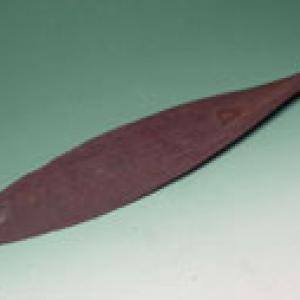
Woomera

Woomera

Woomera

Boomerang (return trajectory)
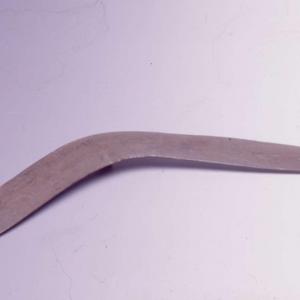
Boomerang (return trajectory)
Boomerang (return trajectory)

Boomerang (return trajectory)
Section Aboriginal Archives in Italy (1)
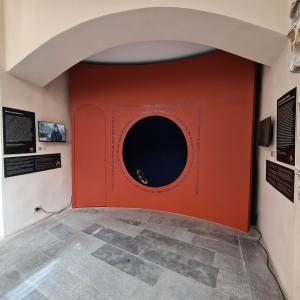
Section Aboriginal Archives in Italy (1)

Section Aboriginal Archives in Italy (1)

Section Aboriginal Archives in Italy (1)

Section Aboriginal Archives in Italy (2)
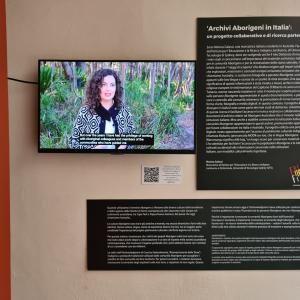
Section Aboriginal Archives in Italy (2)

Section Aboriginal Archives in Italy (2)

Section Aboriginal Archives in Italy (2)

Section Aboriginal Archives in Italy (3)
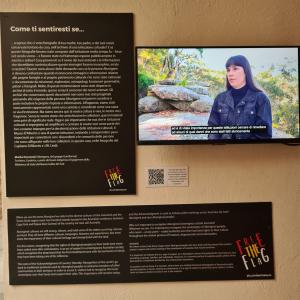
Section Aboriginal Archives in Italy (3)

Section Aboriginal Archives in Italy (3)

Section Aboriginal Archives in Italy (3)





